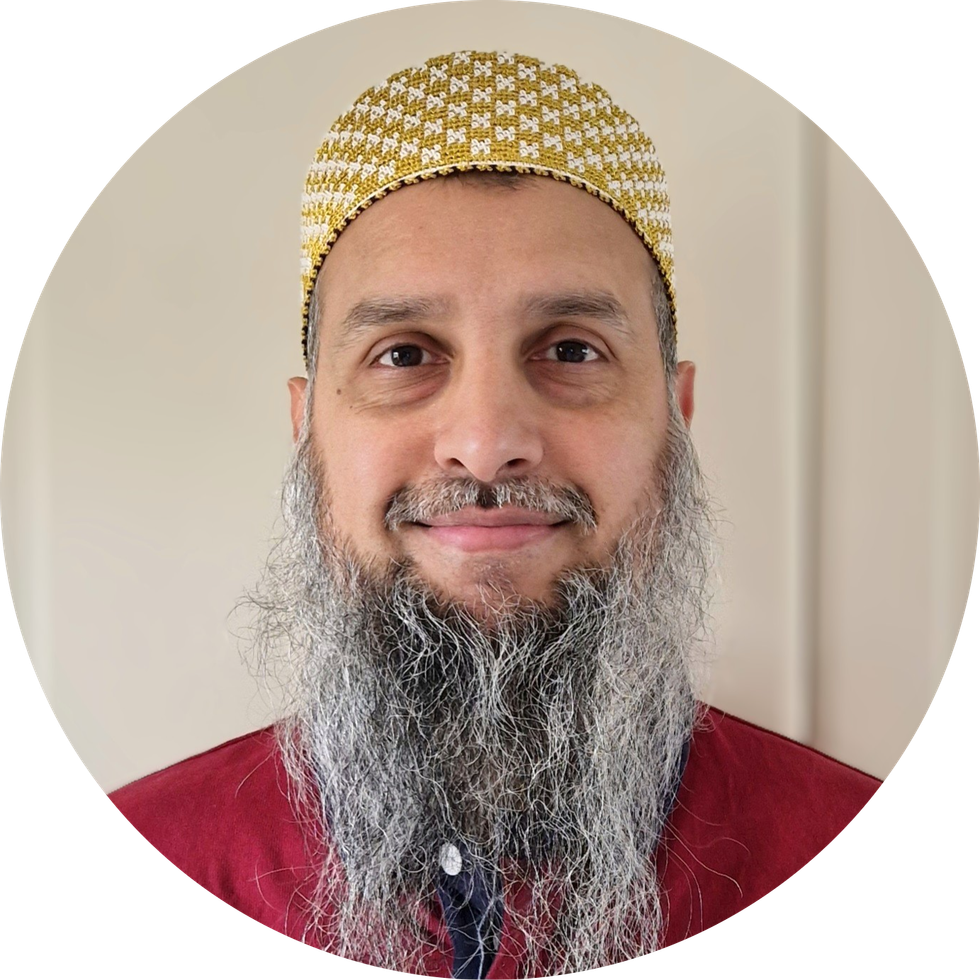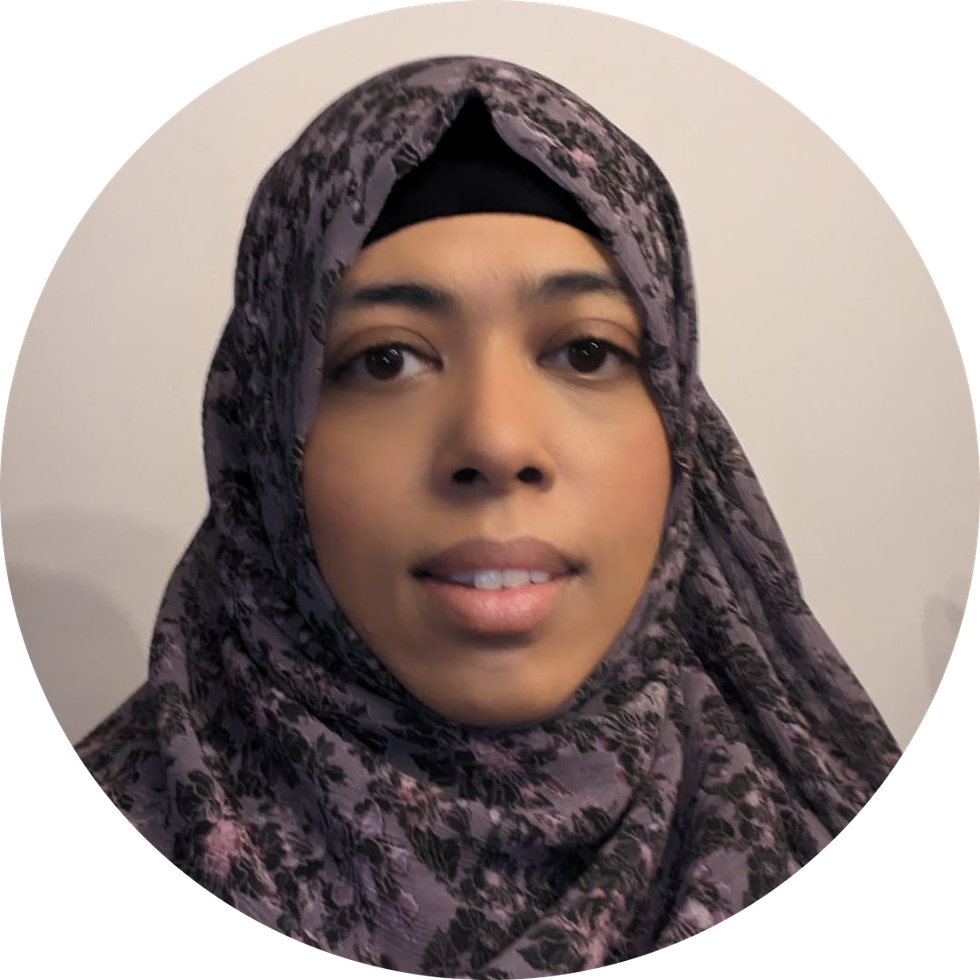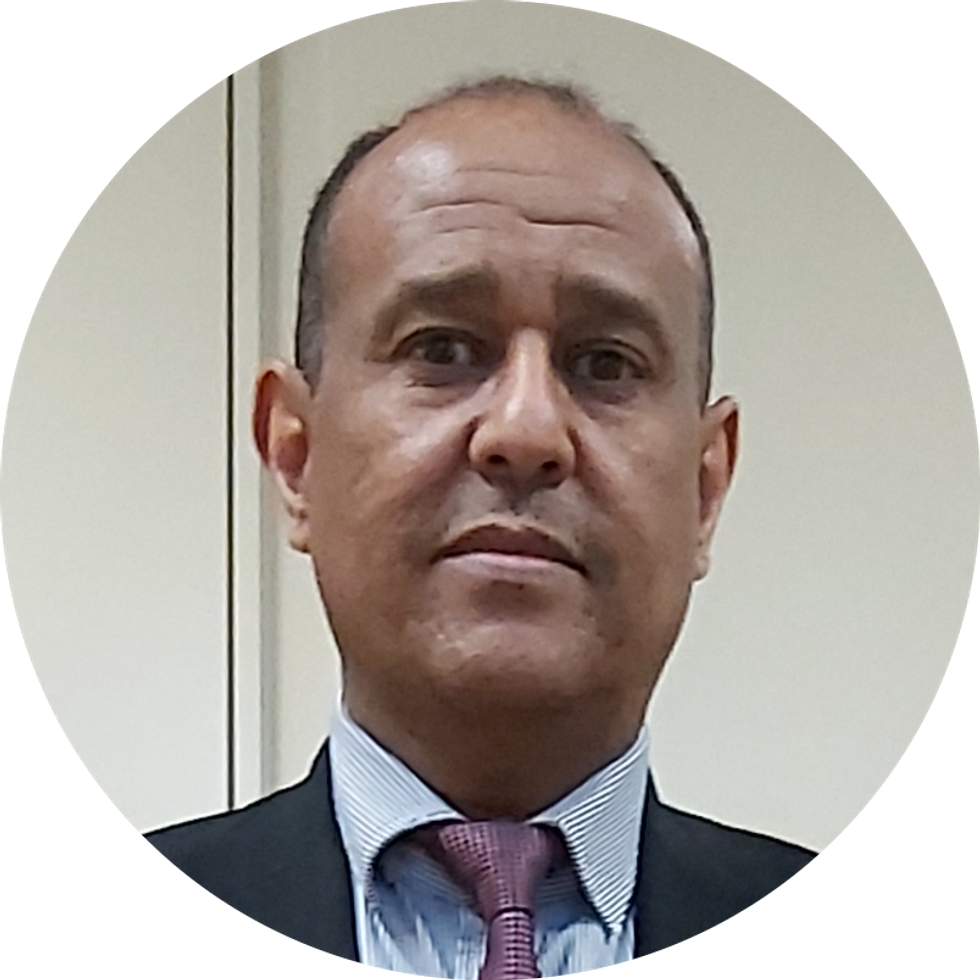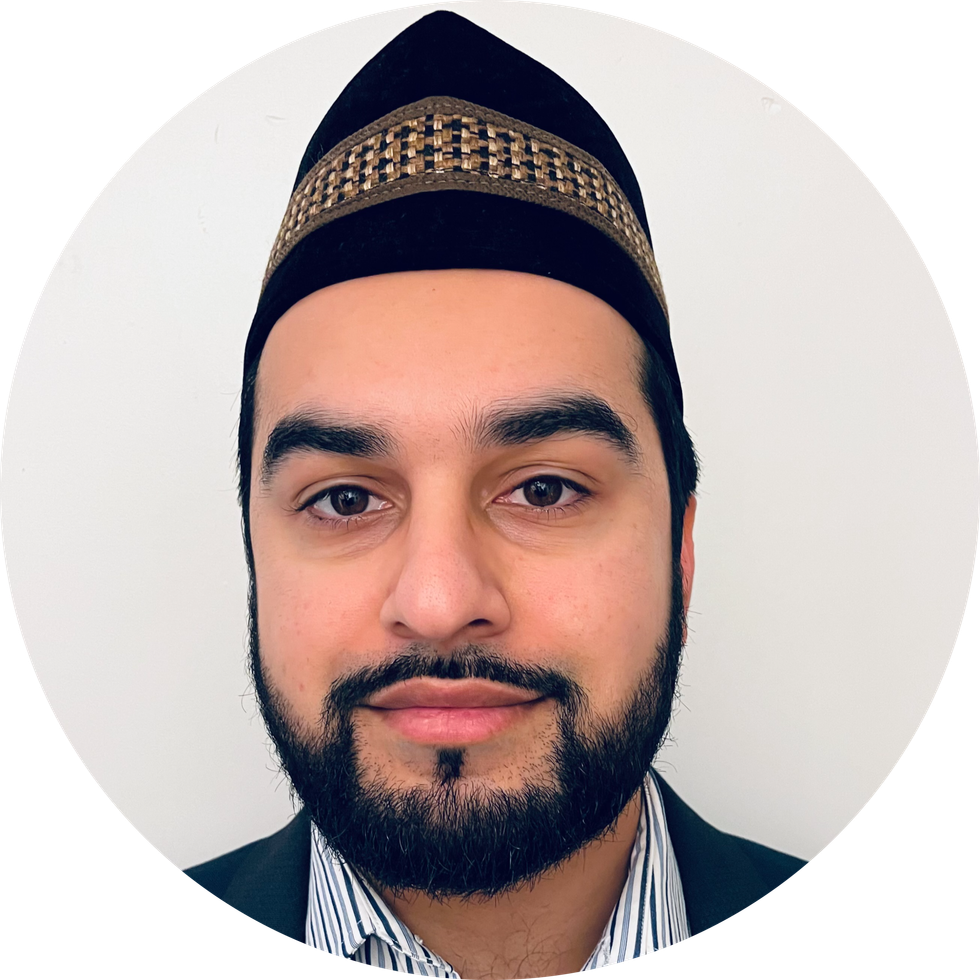WITH overseas conflicts causing divisions between communities, Muslim leaders have urged people to remember Britain’s rich history of allowing the “freedom to practise faith and the appreciation of diversity”.
At an event hosted by The Institute for the Impact of Faith in Life (IIFL), panellist Taher Jiwanji, a civil engineer from the Dawoodi Bohra community, a small sect of Shia Muslims which has around one million followers worldwide, said his faith has never caused issues in his life in Britain.
“I’m incredibly proud to be a British Muslim. I think that there are aspects of life here that we possibly take for granted. In Britain, I think the freedom to practise faith, appreciation of diversity, the value that that brings to society are all things that I have seen in my career in and in my day-to-day life,” said Jiwanji.
“The issues that surround Islam and Muslims only really come to the fore when highlighted by the media. In my own personal life, I know different Muslims have different experiences, but it’s never been a barrier.
“Throughout my schooling, university and working in the private sector for 25 years, I’ve always been treated very respectfully, and I’ve felt my faith has been valued by the people who I work with.”
The IIFL is a research forum dedicated to looking at the role that faith plays in people’s lives.

Over the next 12-18 months, the organisation is focusing on Islam with the goal of “rather than talking about faith communities, we should talk to faith communities”.
The panel discussion titled Living as a Muslim in Modern Britain featured leaders from different Muslim communities including Salma Khanam, founder of Aishah Help; Abdurrahman Sayed CEO of Al-Manaar, The Muslim Cultural Heritage Centre, and Safeer Zartasht, head producer at Voice of Islam.
Anti-Muslim hate in the UK more than trebled in the four months since the start of the Israel-Palestine conflict.
Tell Mama documented 2,010 Islamophobic incidents between October 7 and February 7 – a steep rise from the 600 it recorded for the same period the year previously.
It is the largest number over four months since the charity began in 2011.
Muslim women were targeted in two out of every three recorded incidents, the charity added.
Khanam’s Aishah Help is a UKbased, women-led organisation that supports disadvantaged communities to achieve their personal, social and economic potential.
“For me, especially as a woman, I do get a bit scared when I see aggressiveness, especially towards Muslim women, because we are visibly Muslim with our hijab, and a lot of the attacks that take place are towards Muslim women,” she said.

“It makes me slightly apprehensive, especially for my children [daughters], I worry about their safety.
“When there’s something happening around other parts of the world, I don’t venture out in London. I’m worried about going to Oxford Street, I’m worried about leaving East London.
“If I do go out, I’ll take my car, but that’s not because everyone in London is dangerous and they’ll attack me. No, it’s the odd people here and there, I hear those stories and that frightens me.”
Khanam added, however, that she doesn’t know anything other place other than being a Muslim in London, saying: “I can’t imagine being elsewhere, this is home”.
“I hold on to British values and my faith, ensuring that I do stick to my religious identity,” she said.
“My parents always pushed me, like I do now with my children, to take on these values and educate themselves to understand the laws of this country, because this also fits in with my religion to follow the rules of the land that you live in, you don’t deter from these rules, you don’t create mischief or cause mischief.
“There are seven of us siblings and we all contribute to British society. But we didn’t let go of our Muslim identity, we are able to practise our faith.
“Working in the NHS for so many years, I’ve found that not only do people respect you for who you are and what you do, they appreciate the fact that you’ve learned the laws of the country that you adhere to, and that although you’ve got your faith, you’re really conscious.”

Sayed plays a leading role in interfaith and voluntary and community sector (VCS) networks, promoting community cohesion, shared values and mutual understanding. He was a joint recipient of the Pride of Britain Award in 2017 for supporting Grenfell Tower fire survivors and the bereaved.
Sayed believes that while Muslims face external challenges such as Islamophobia and racism, they can do more themselves by acclimatising to British society.
“When you come from Muslim majority countries, then you find it slightly difficult or challenging to adjust yourself to a minority status in a non-Muslim majority. This is where it causes some problems both to us as Muslims, but also to the host communities,” he said.
“When we do not carry out those adjustments quick enough, then it creates threats and resentments in some minority quarters. It also gives opportunities for others to exploit this and create fear of these new communities coming to settle here.”
Zartasht is from the Ahmadiyya Muslim community, a group that has faced persecution around the world – often from other Muslim sects.
The United Nations has reported of religious intolerance, discrimination and violence perpetrated against this community, including by state officials, in a number of countries, including Algeria, Bangladesh, Egypt, Indonesia, Iran, Malaysia, Pakistan and Sri Lanka.
“My personal background is that my parents, like many other [Ahmadiyya] Muslims, came to Europe as refugees who fled religious persecution in Pakistan. They came in the late 1980s and sacrificed a lot and went through a lot of difficulties to give me the opportunity to grow up in a society where I had safety, where I had religious freedom.

“Religious freedom is one of the most valuable things that we have as believers. This is not the case in many other countries where people can be persecuted and even killed for just having a different belief.
“In the UK, you are be able to practise your faith, preach your faith openly on the street, build your mosques and community centres, which is truly is a great blessing. I believe as Muslims, we have a duty to be thankful and appreciative of that.”
Zartasht studied comparative religions specialising in Islamic studies and is working on interfaith engagement and anti-radicalisation.
As an imam, he works with several mosques in the UK, and also helps run the Voice of Islam radio – an interactive 24-hour radio channel that discusses both religious and non-religious topics.
He feels it is important to have a platform to talk about the positive impact that Muslims have in the UK, such as the level of charity they give, as these things aren’t heard about in the mainstream media, he said.
“The radio station was started with the purpose to remove the misconceptions people have about Islam and to show the British public that Islam is a peaceful religion, a religion which can guide us in all aspects of life,” said Zartasht.
“We are facing challenging times with conflicts increasing worldwide, people suffering, asking questions such as ‘is religion the cause of conflicts?’.
“Despite Islamophobia increasing and anti-Semitism increasing, as a Muslim, it’s now more important more than ever to remain strong in faith. We need to put more effort in building interfaith relationships to tackle the issues we are all faced with.”
Working in the NHS, Khanam has colleagues from around the world and says she sees first-hand the benefits of interfaith communication.
“When you meet people of other faiths, you find that there’s a lot of common ground,” she said,
“Yes, I’m Muslim, you might be Christian or Jewish or Hindu or Sikh – we all share common values. Remembering what unites us makes it easier to live with non-Muslim neighbours.
“It’s about the community we live in and everyone respects that, that’s the most important thing, not overstepping those boundaries or enforcing your beliefs on anyone.”


















